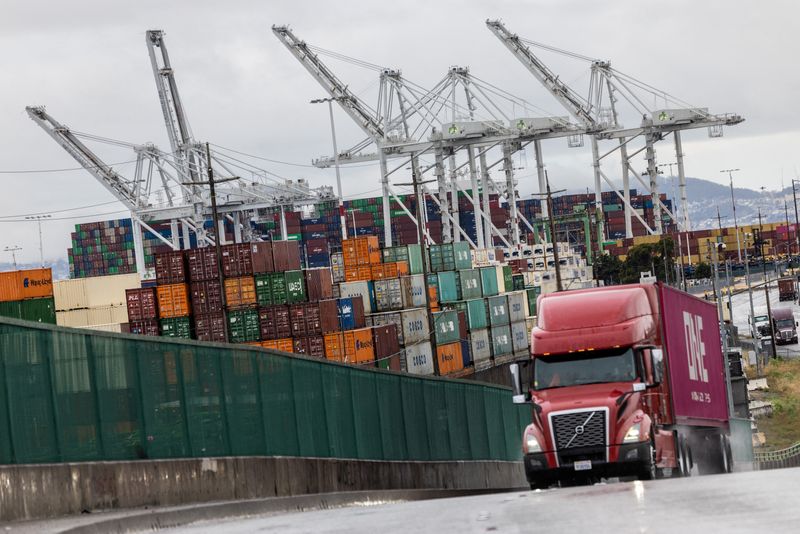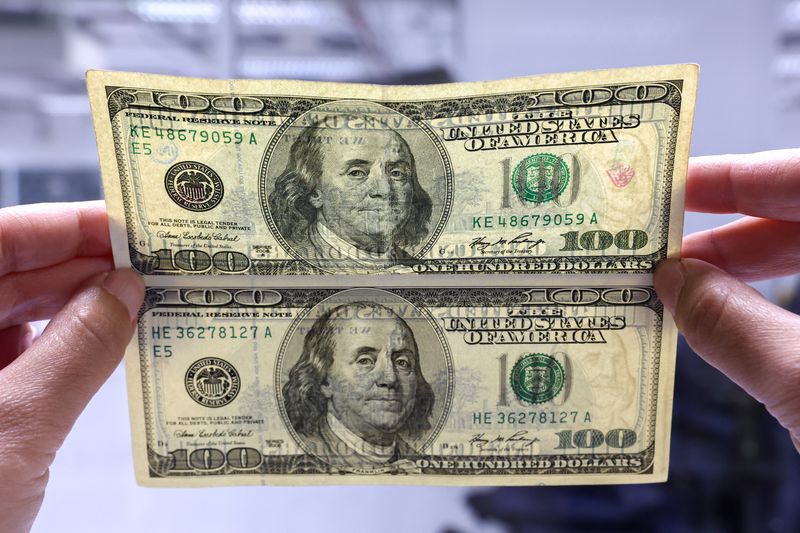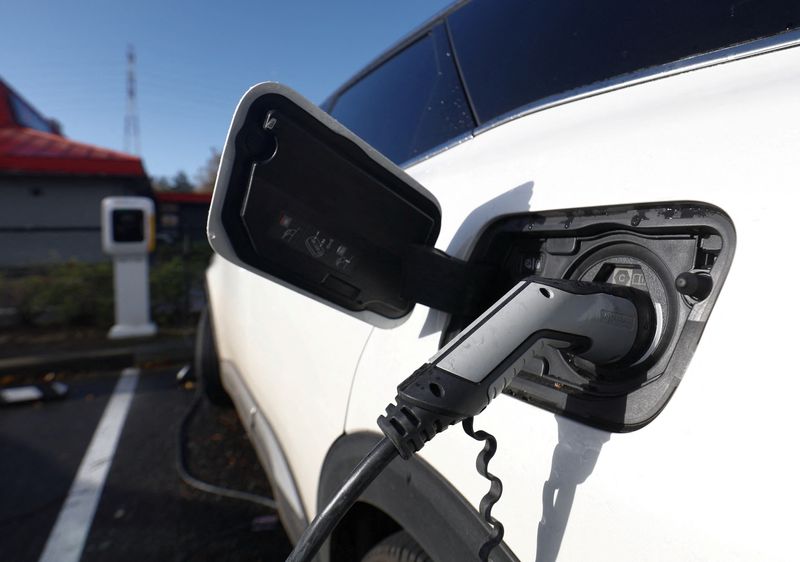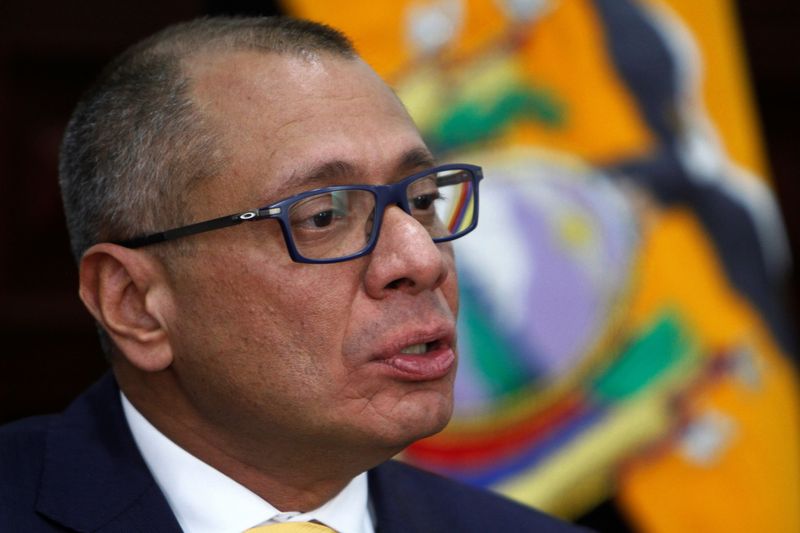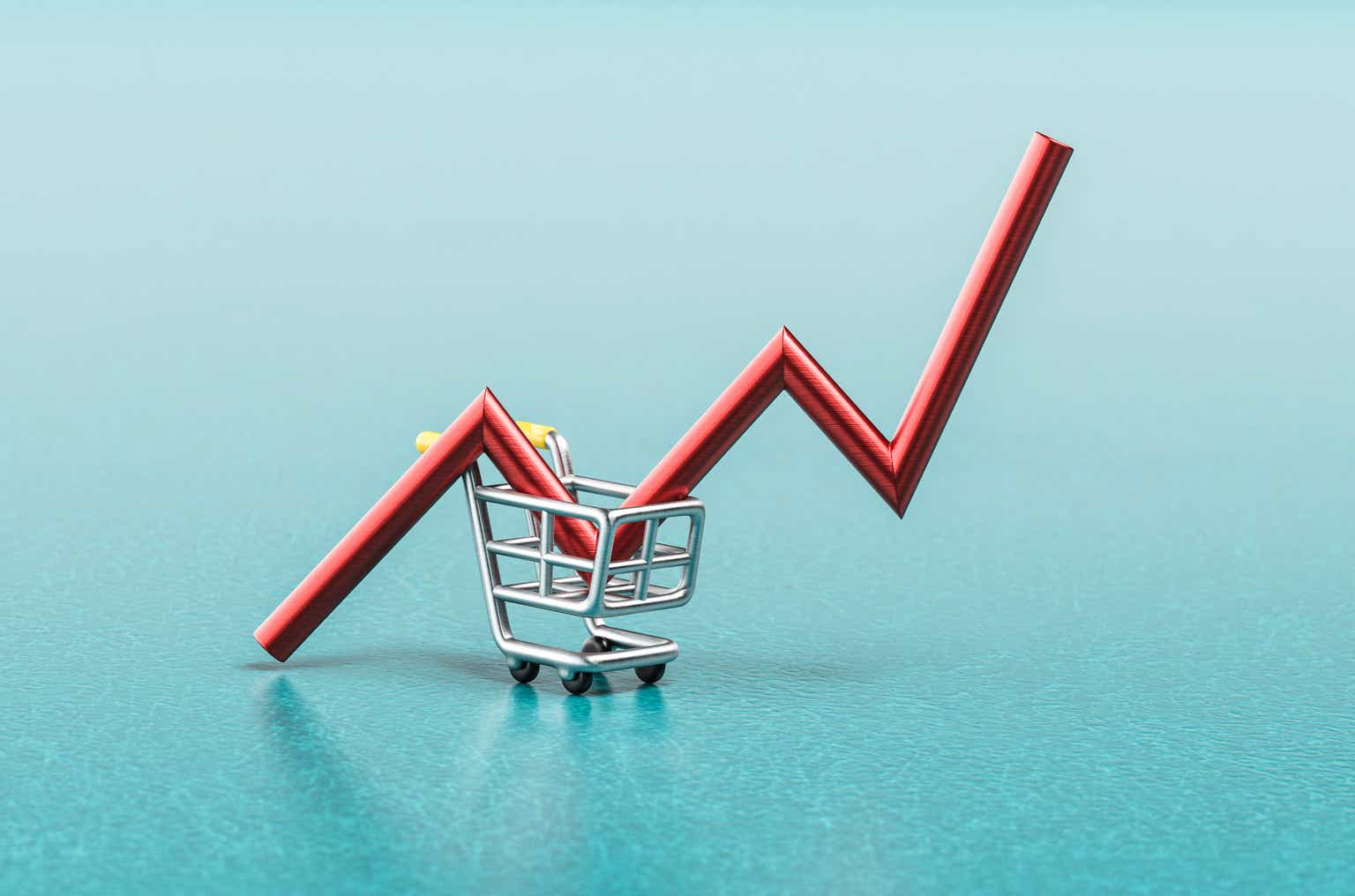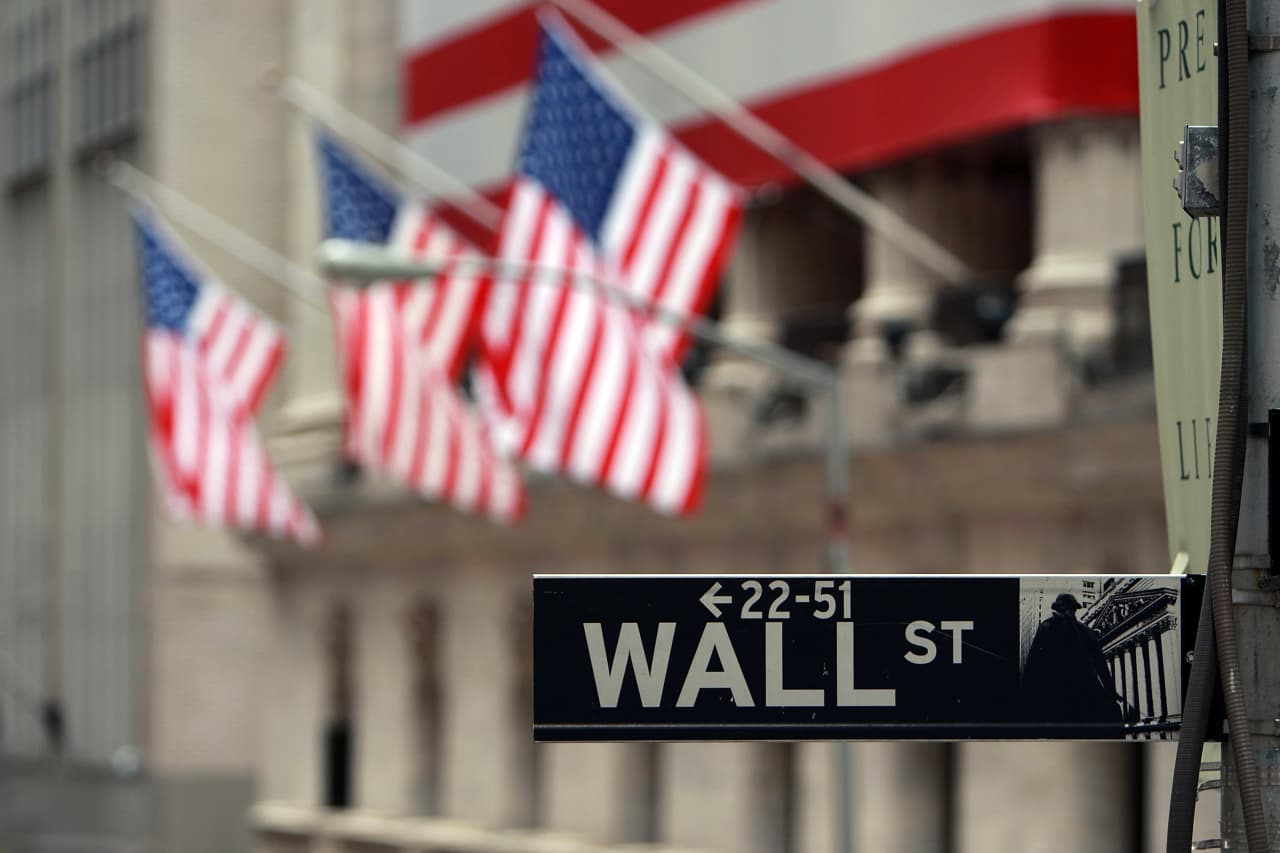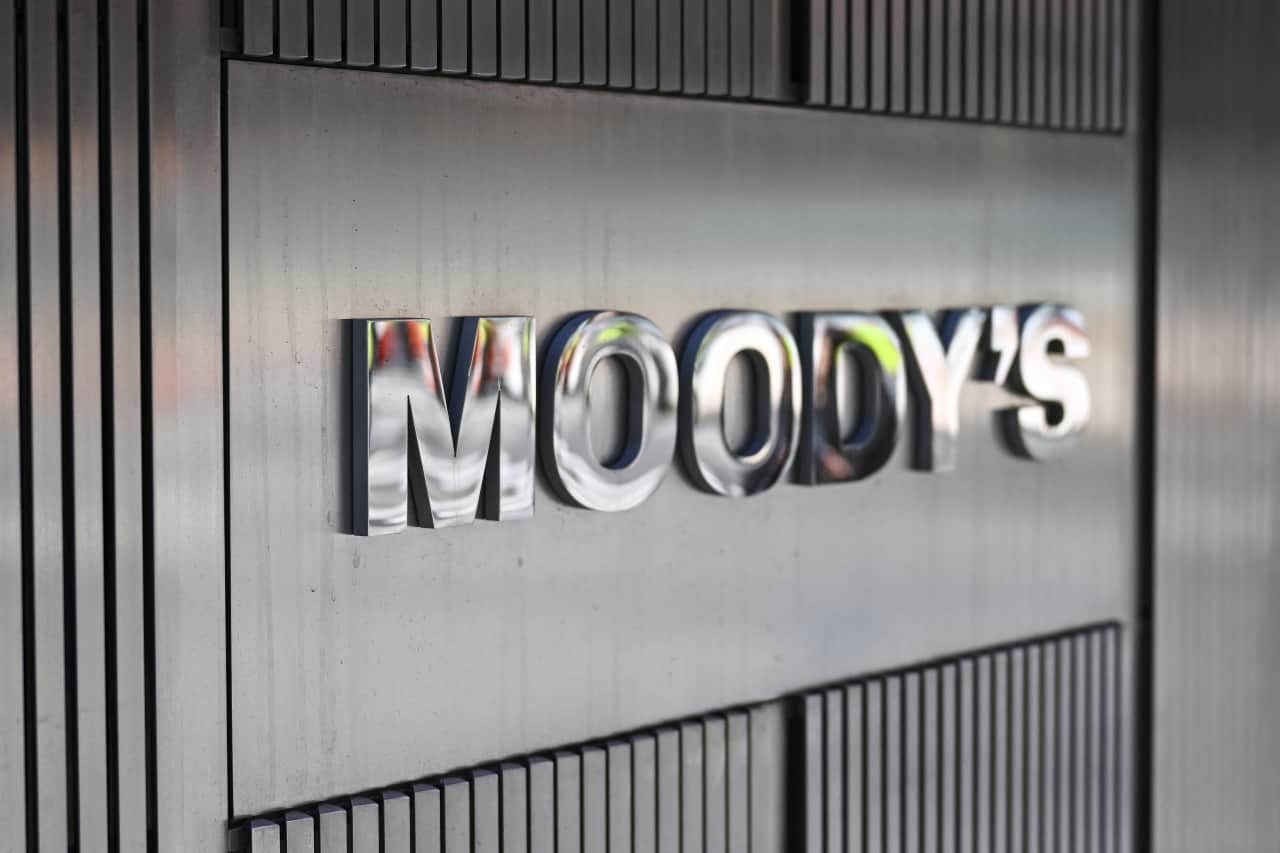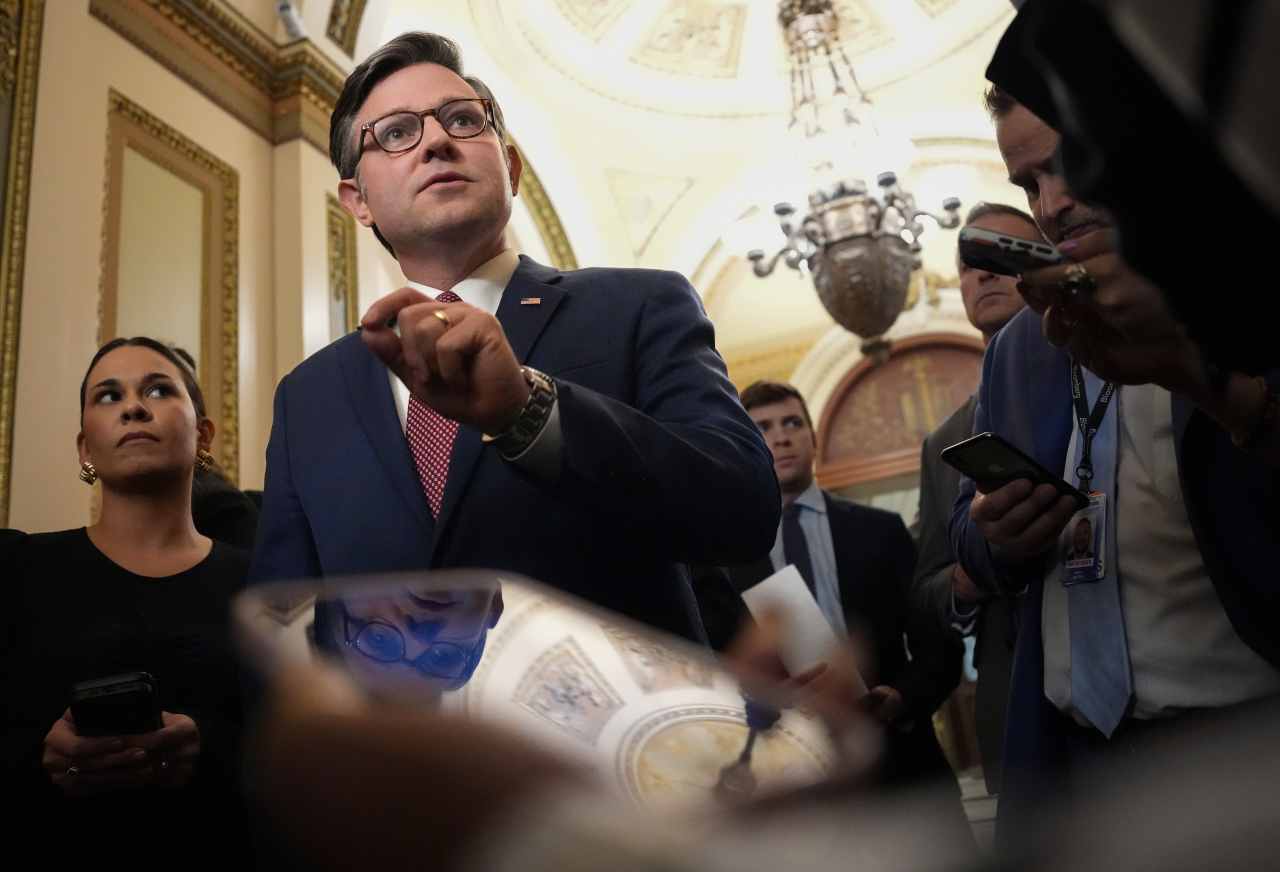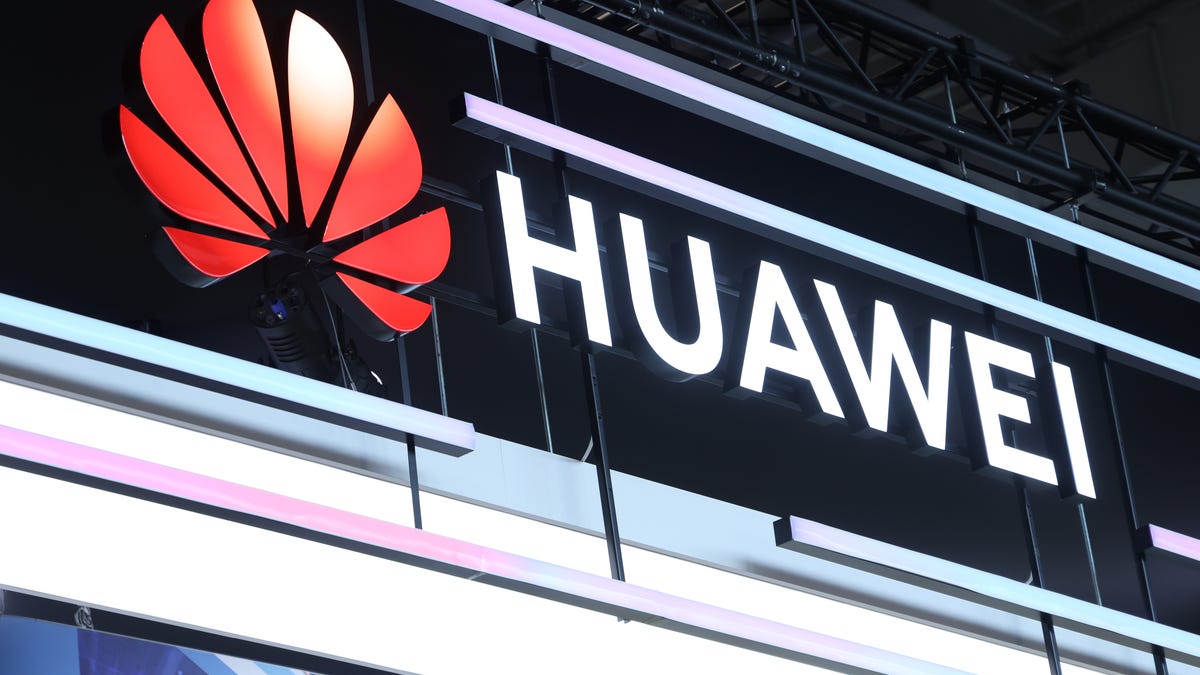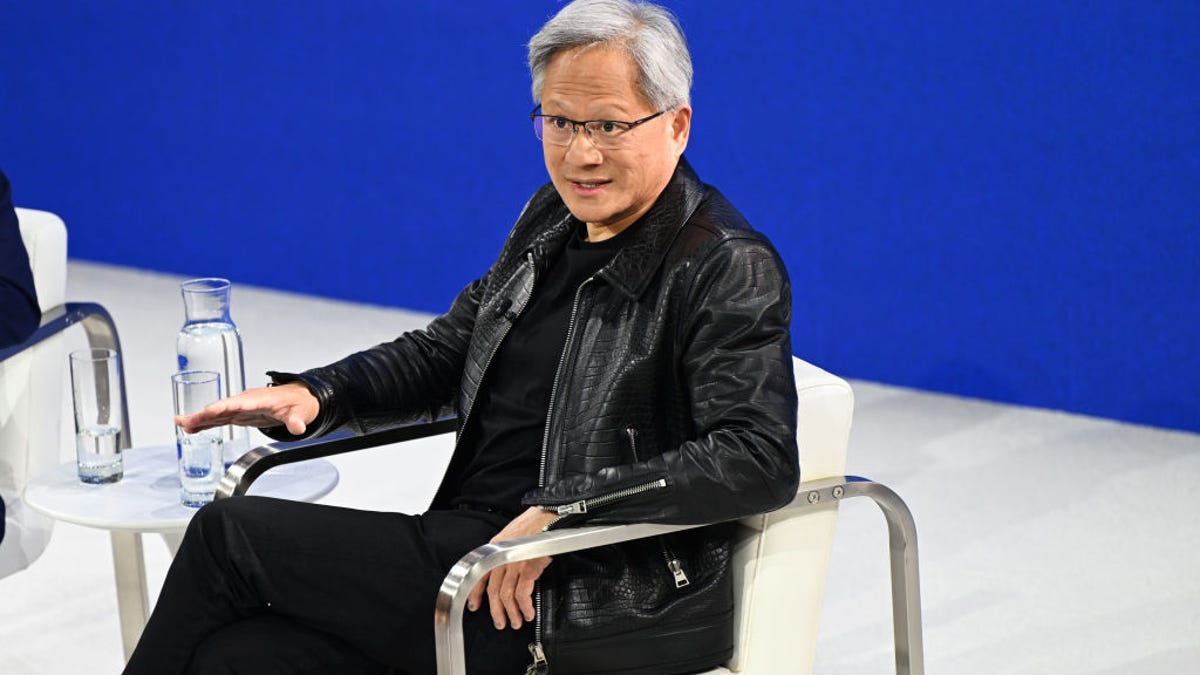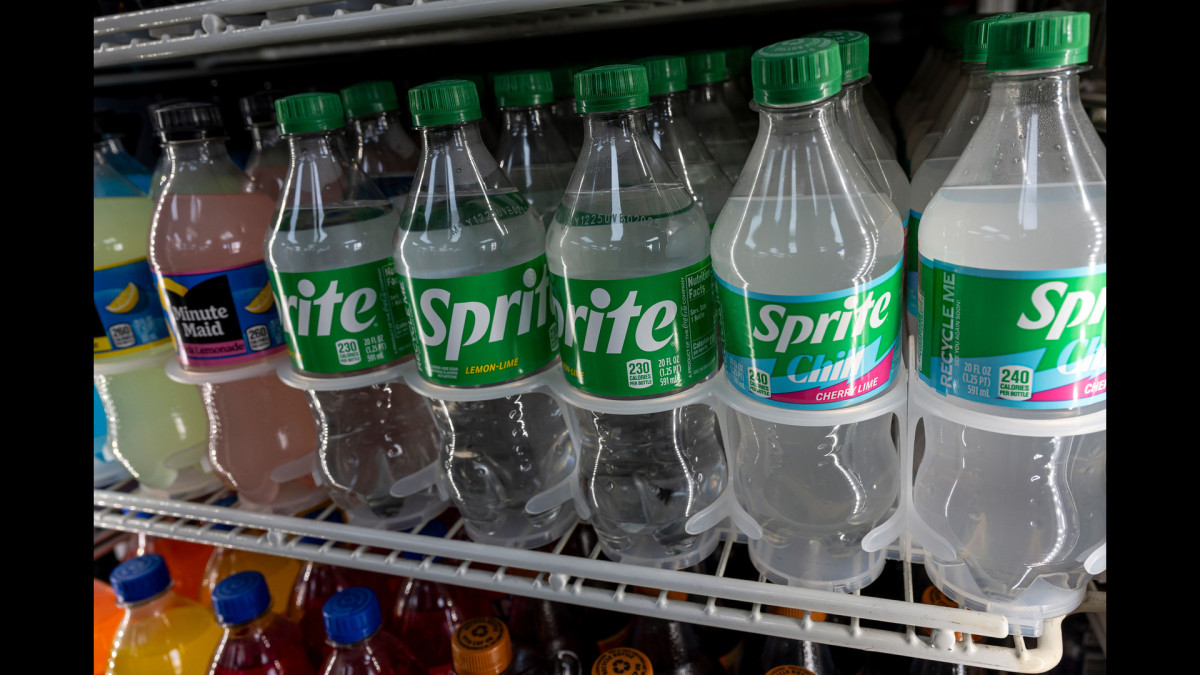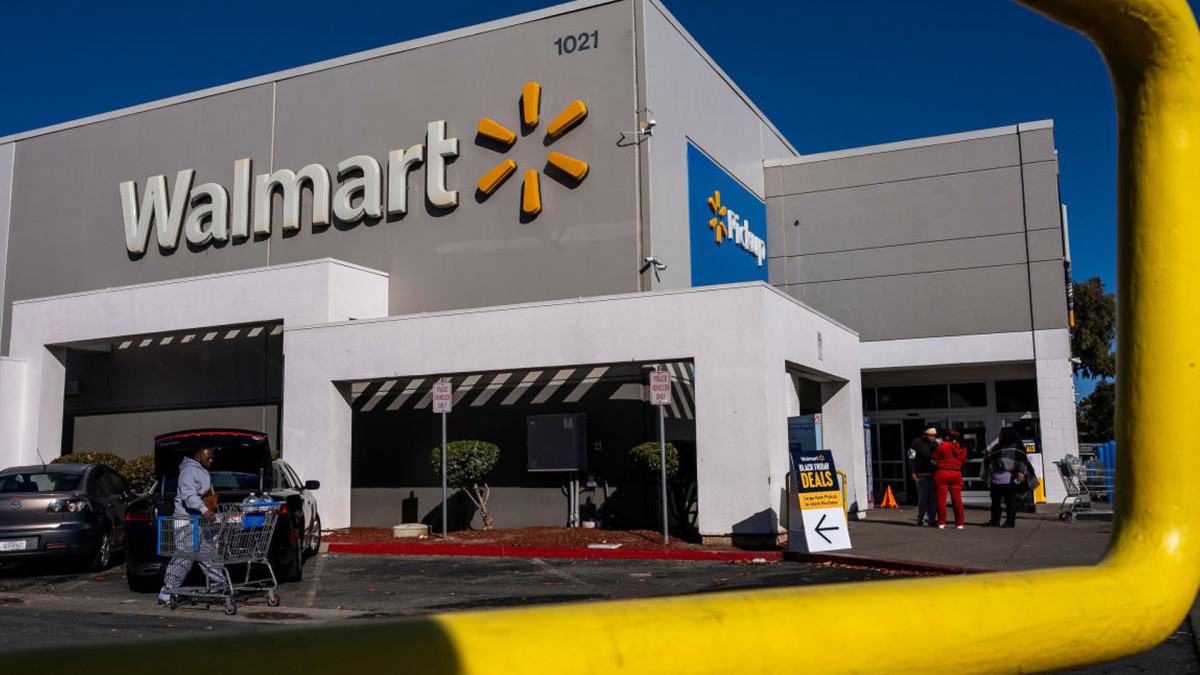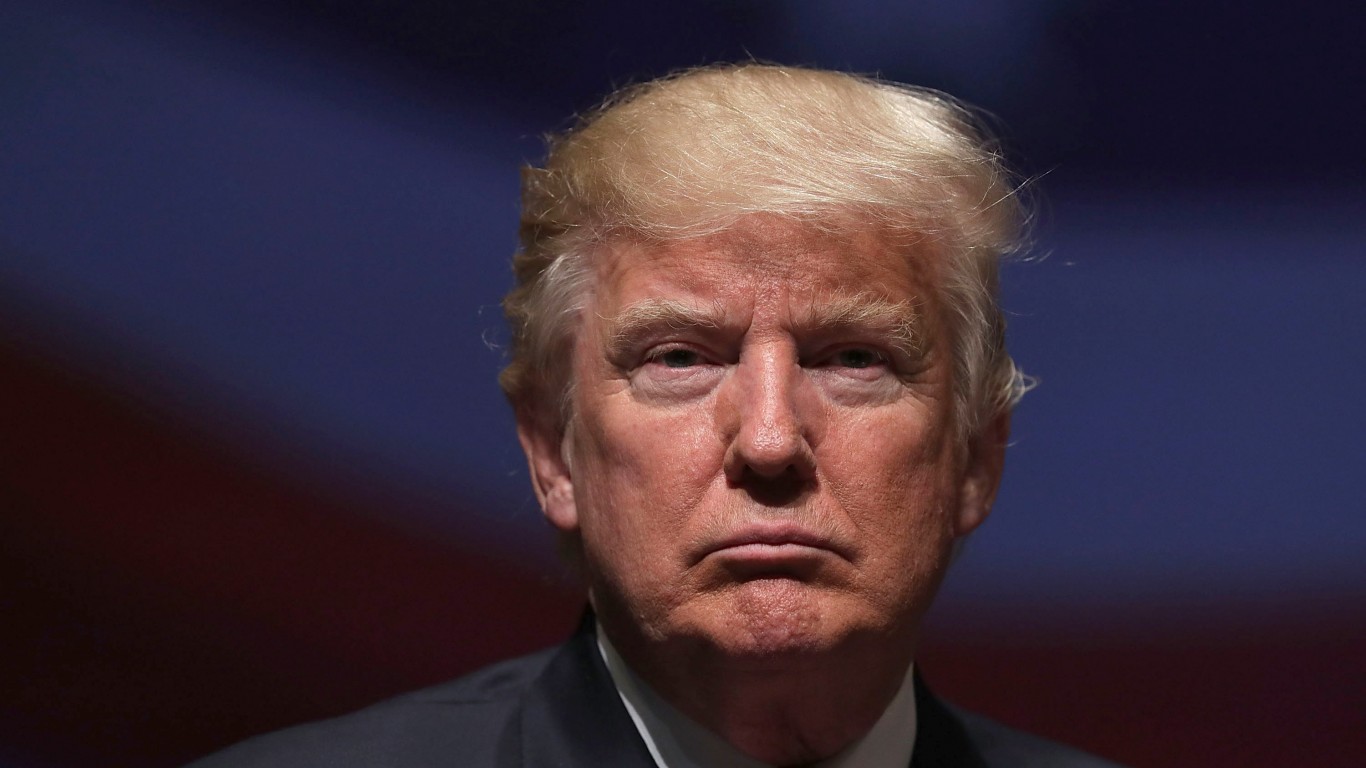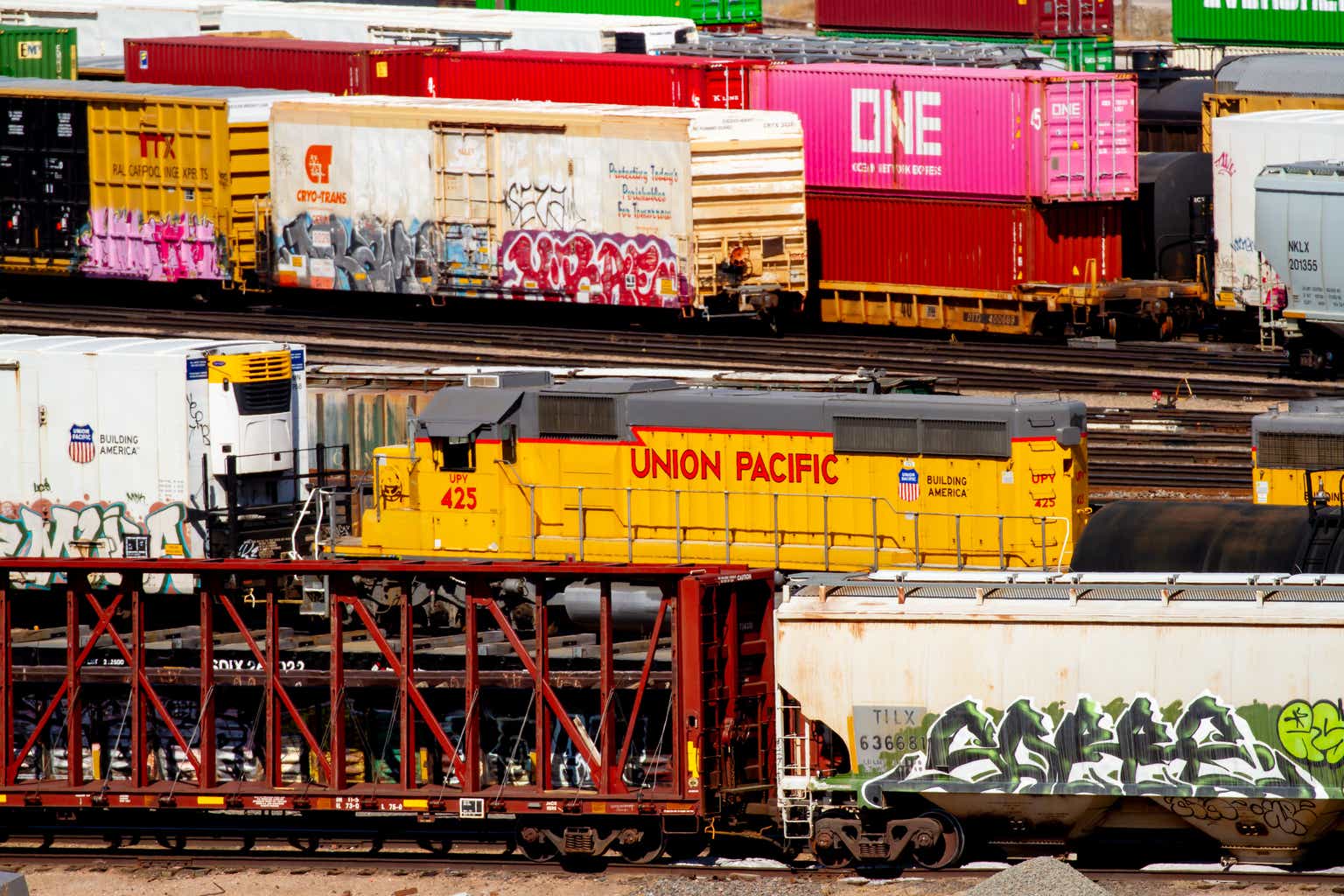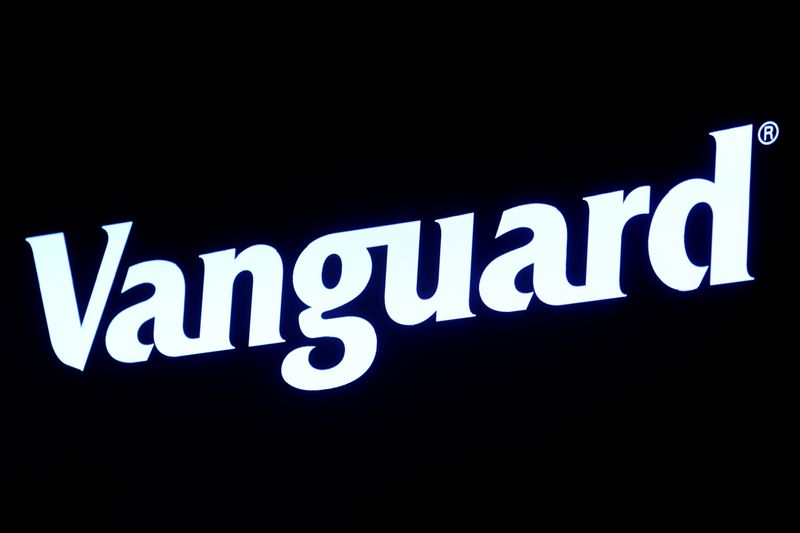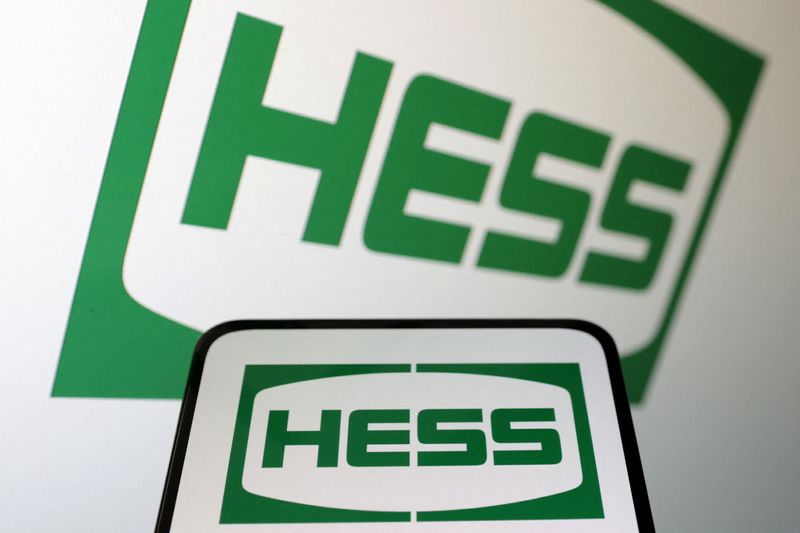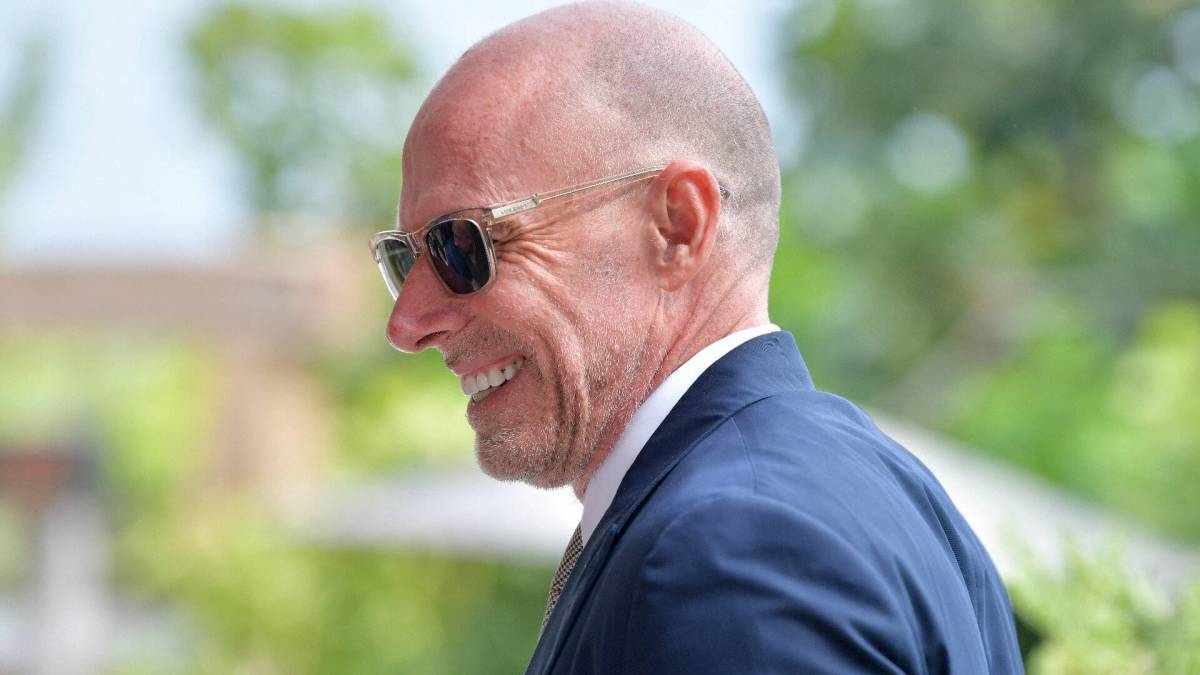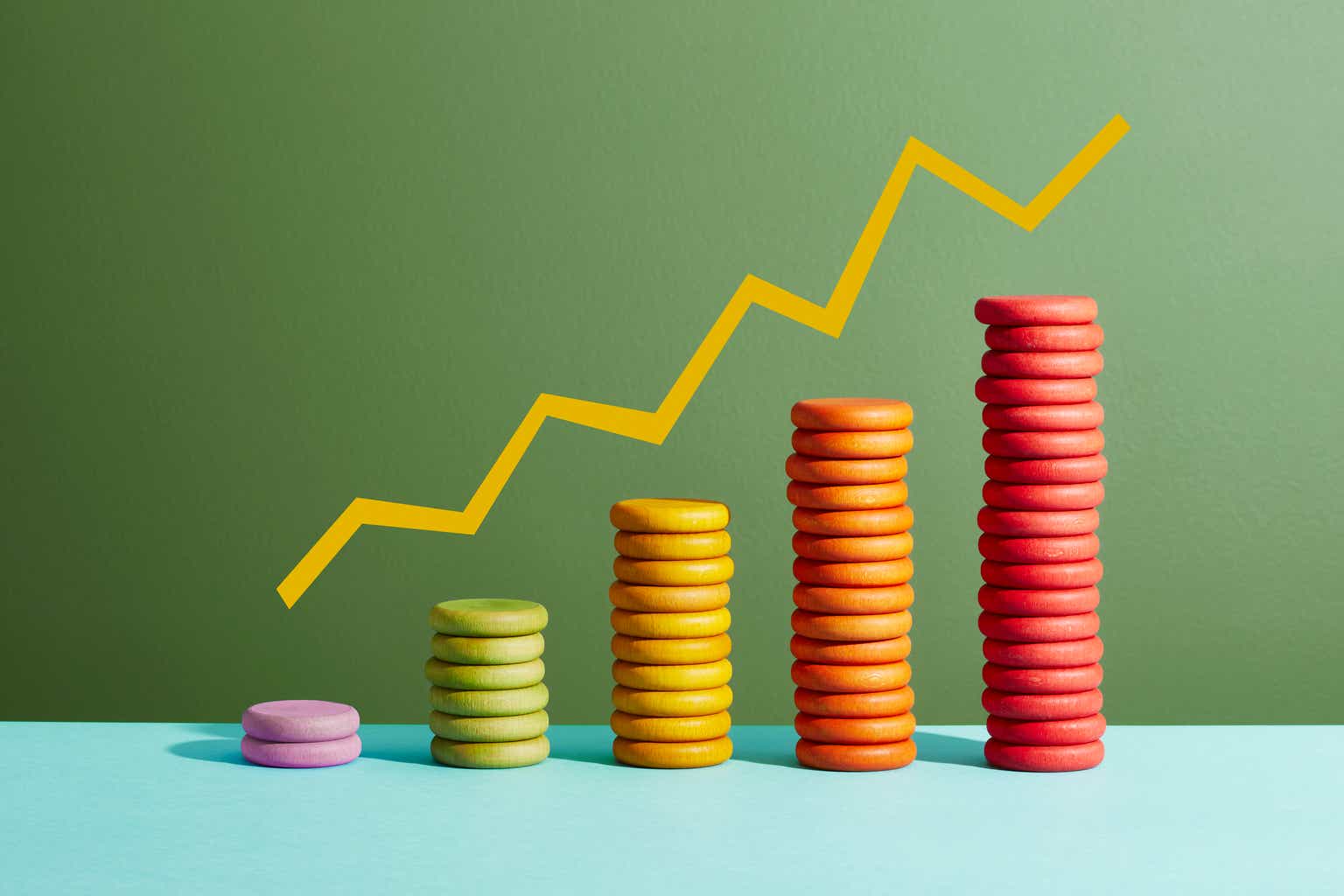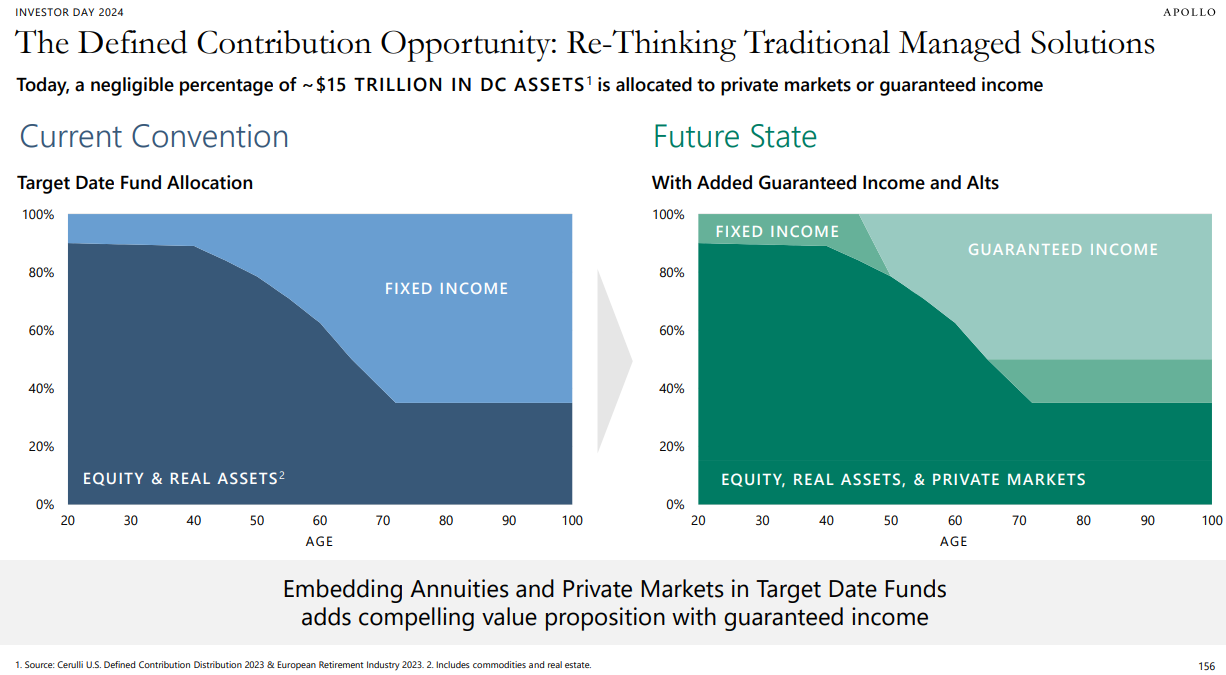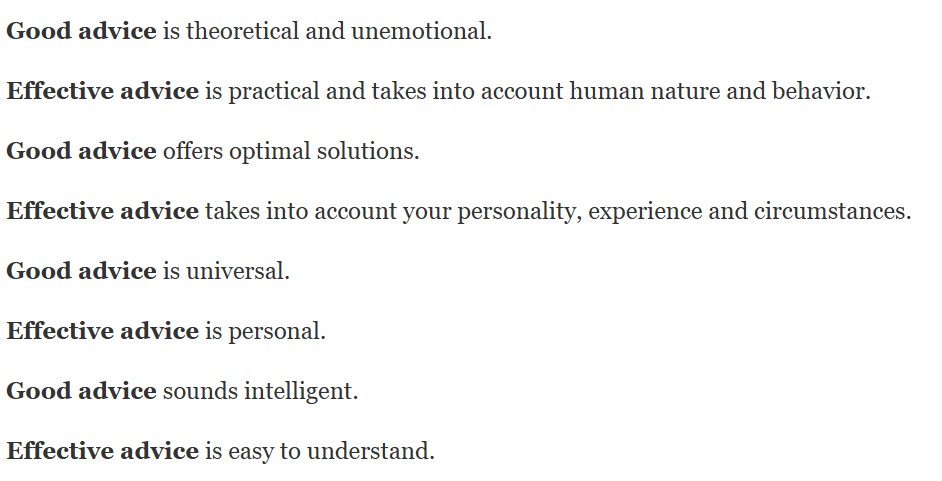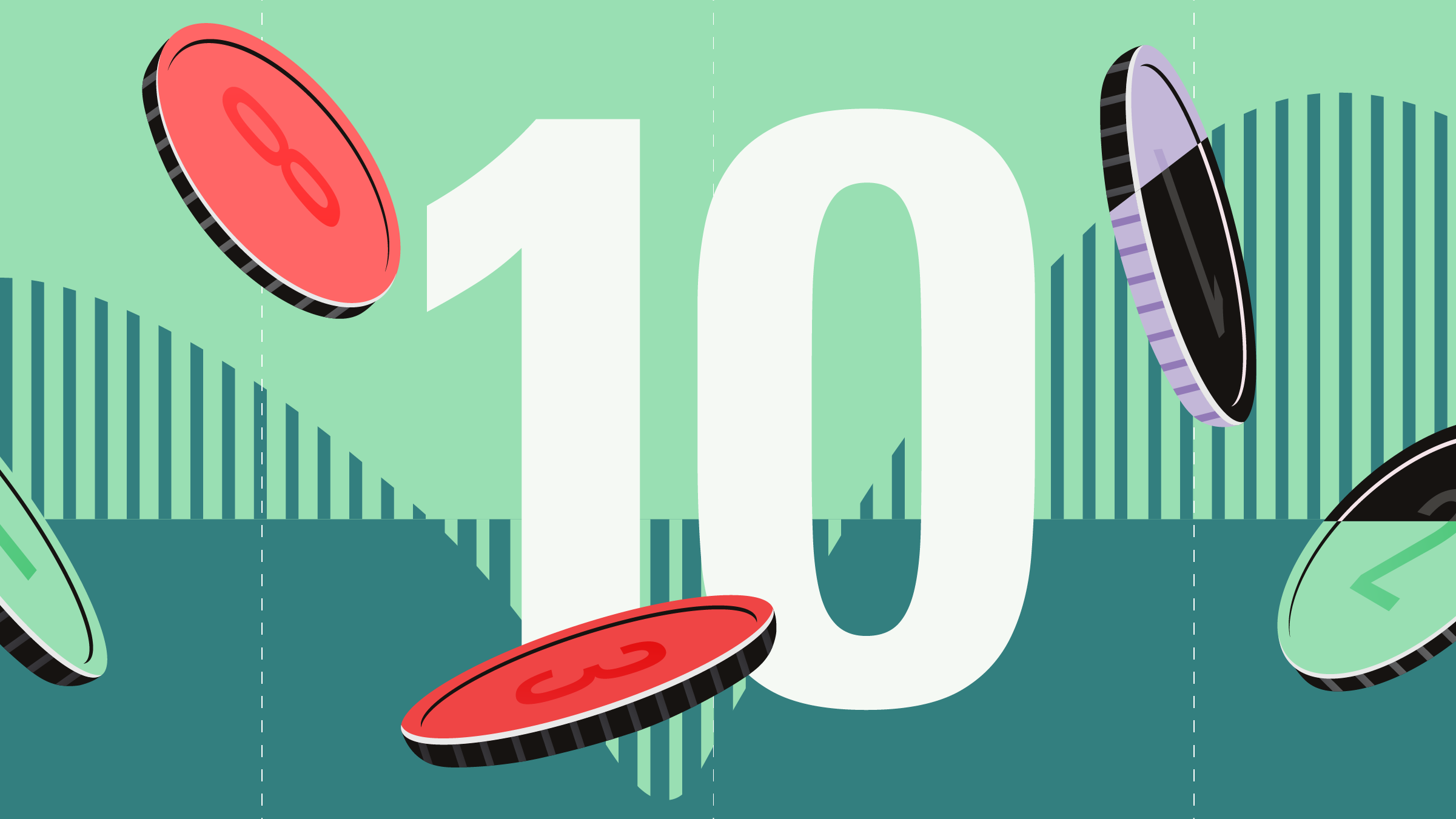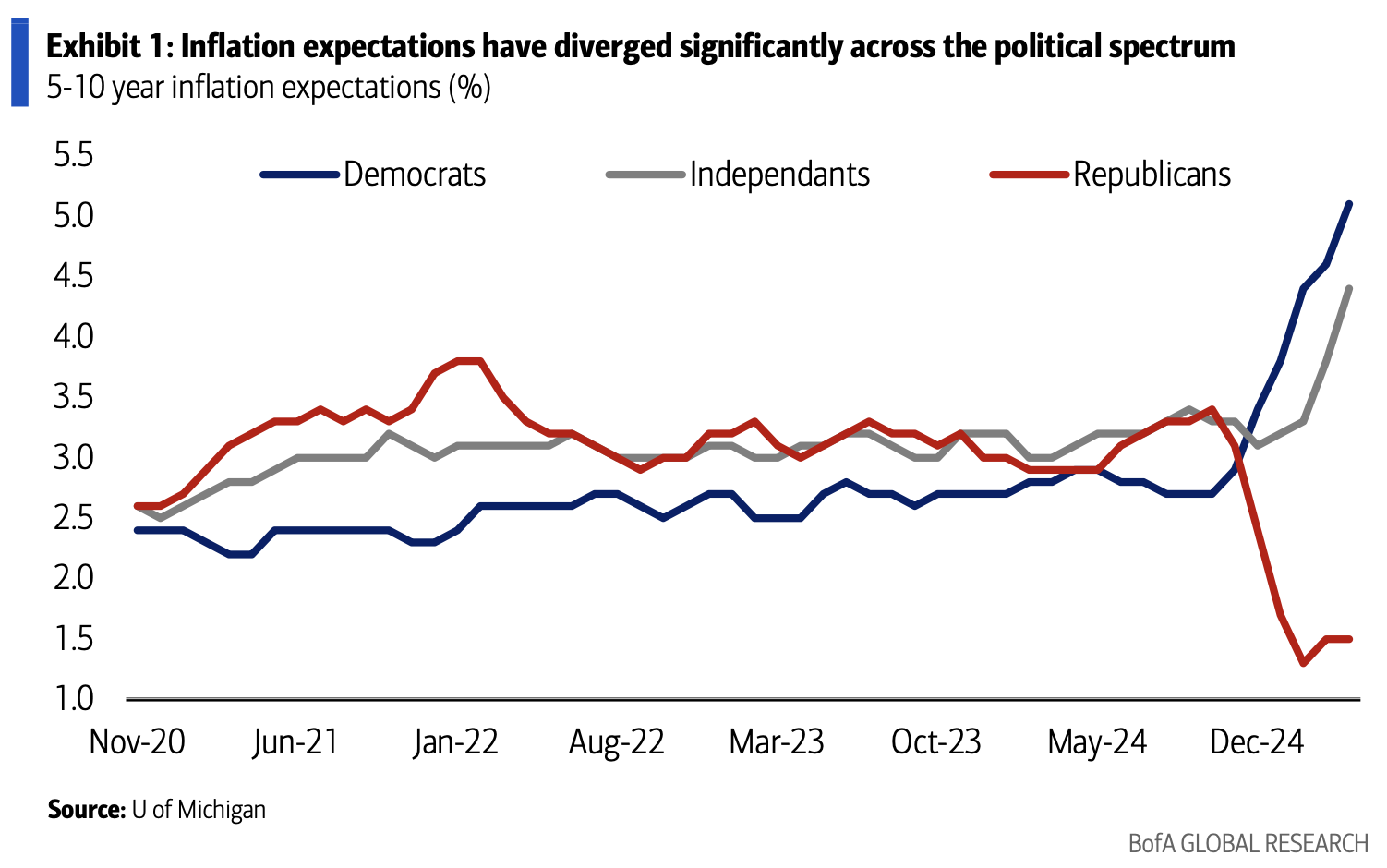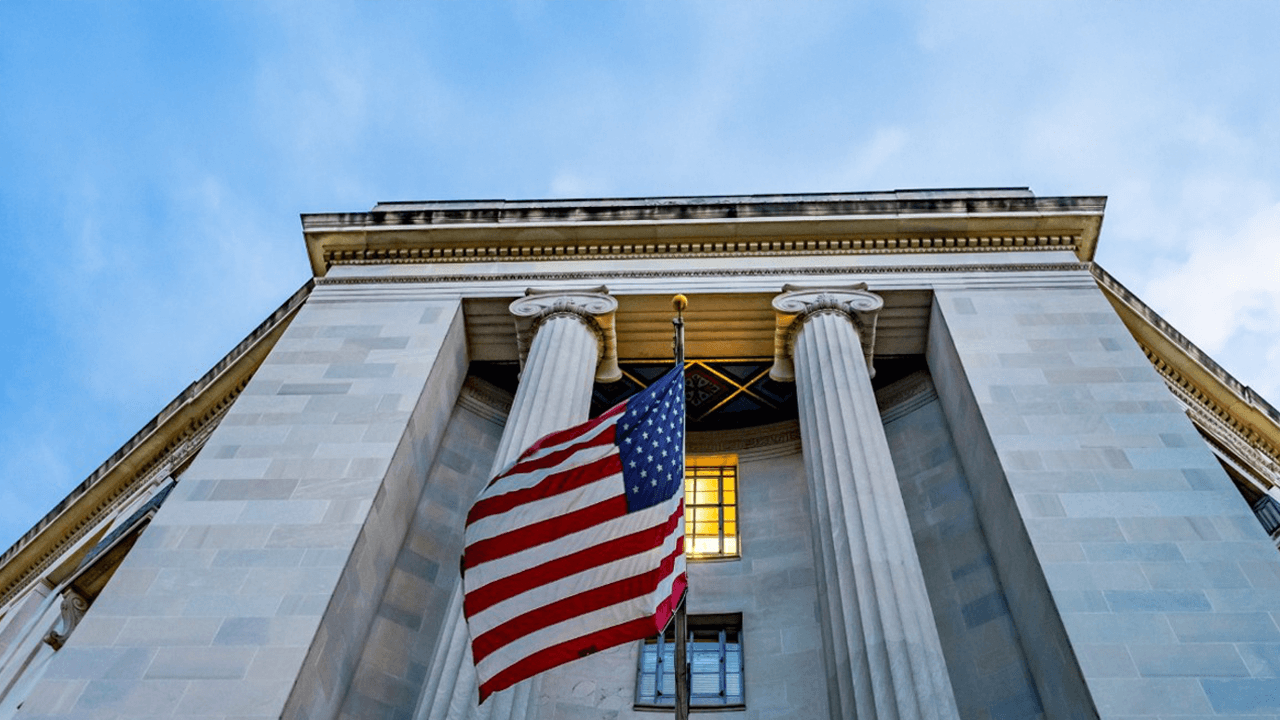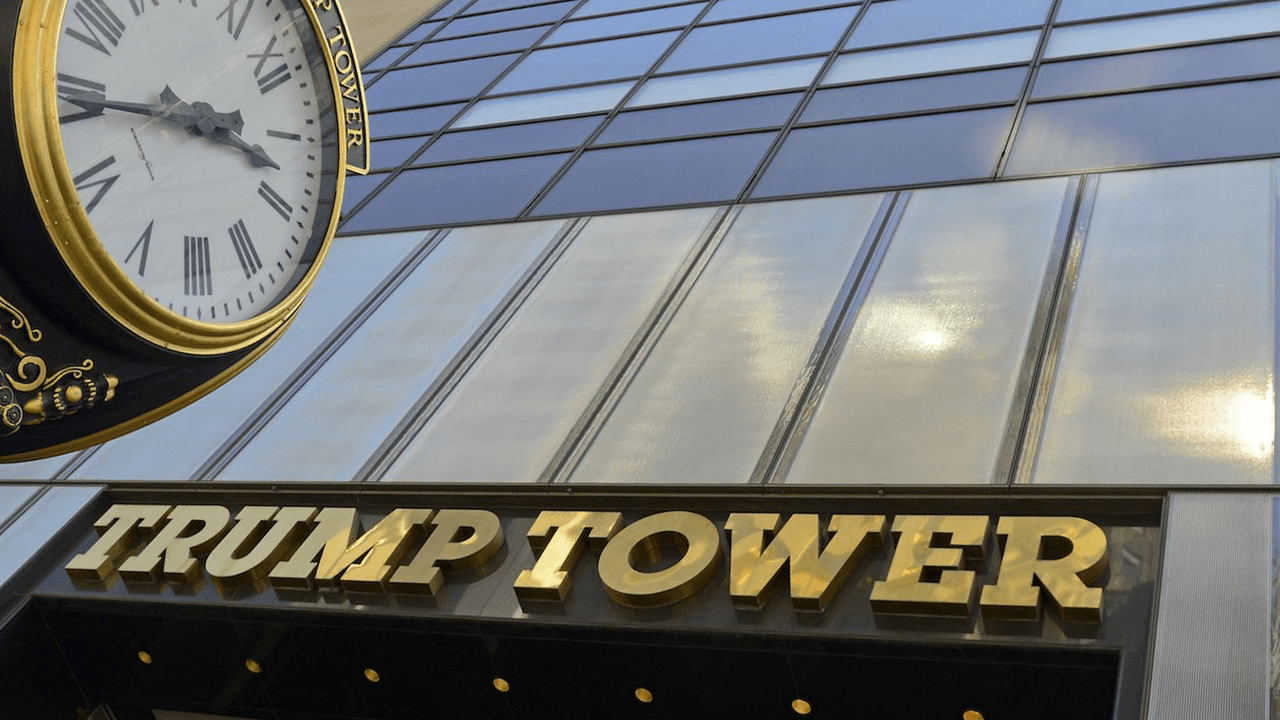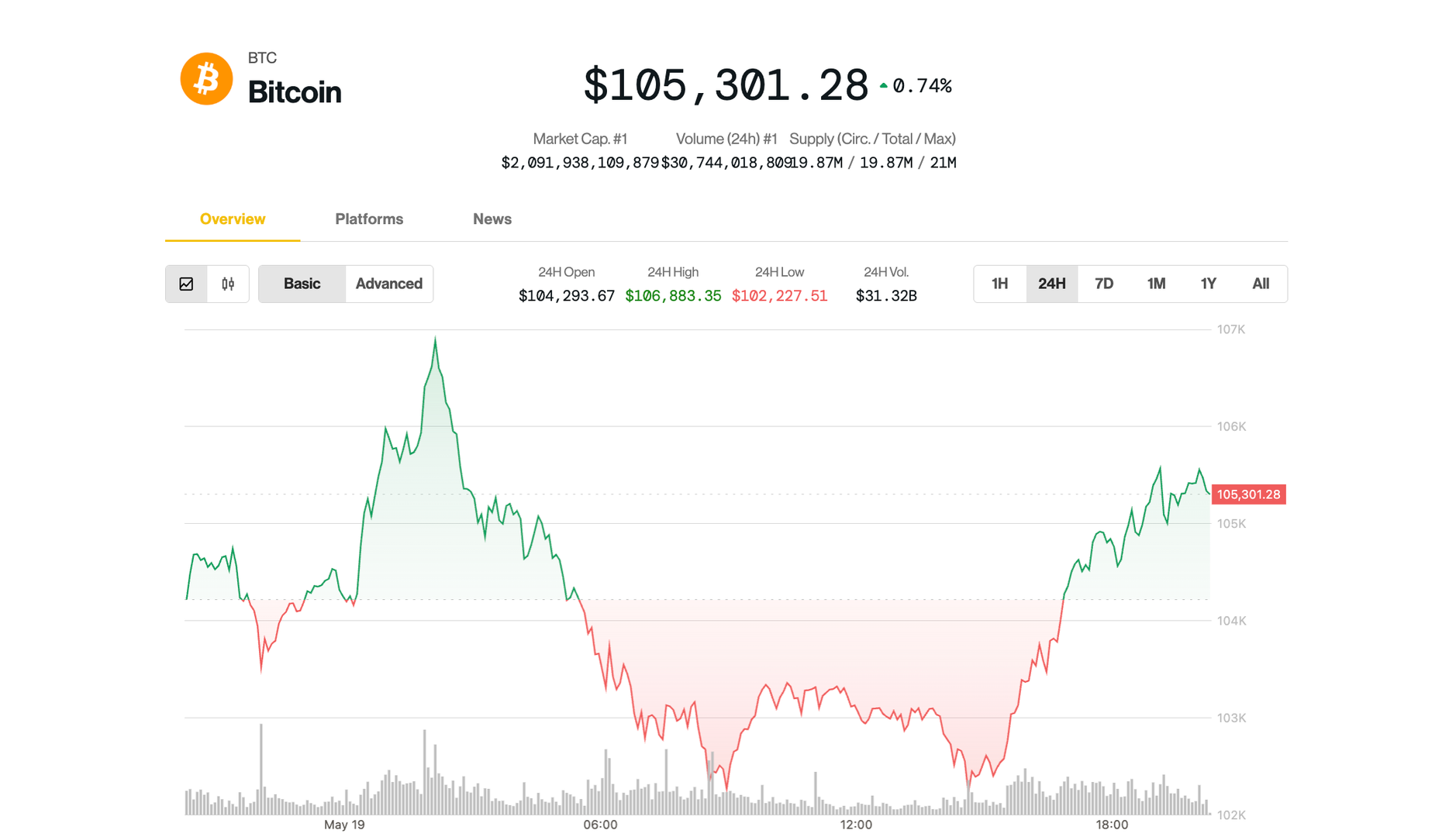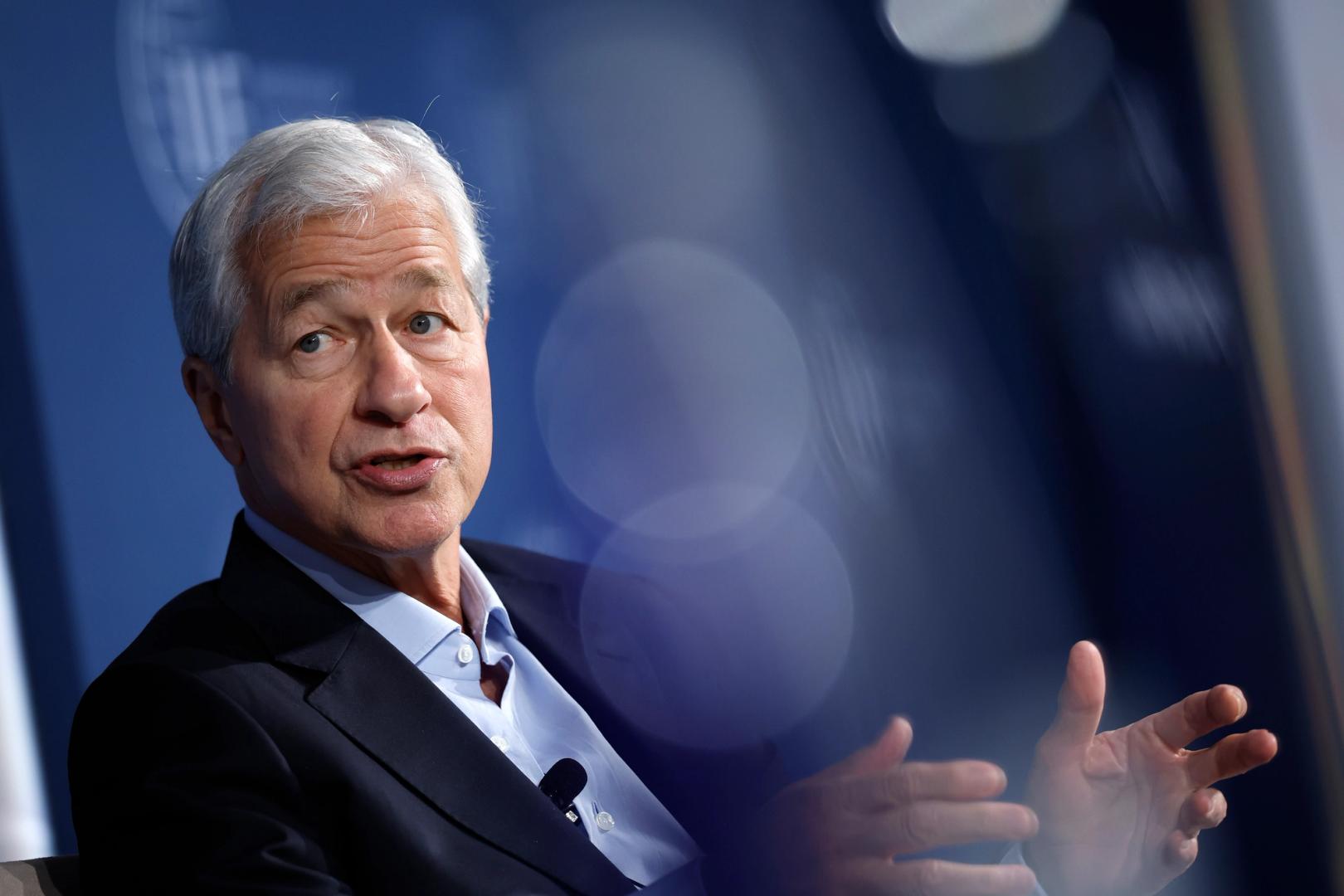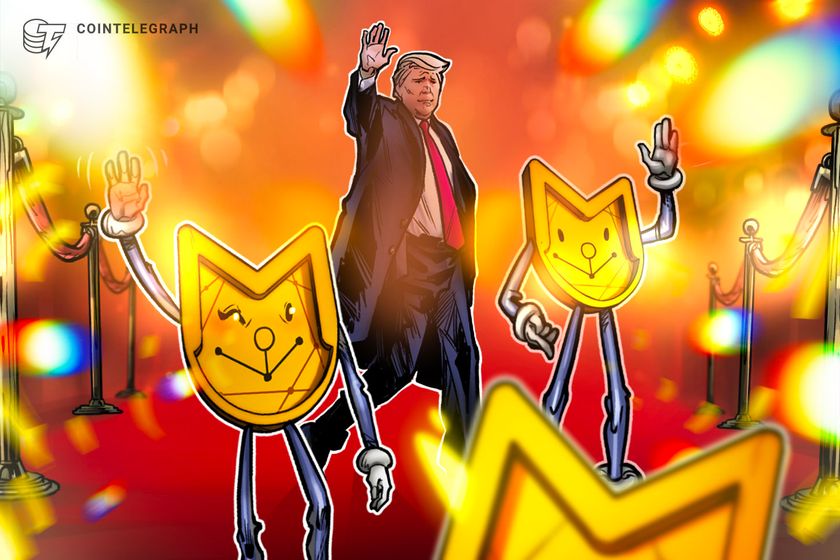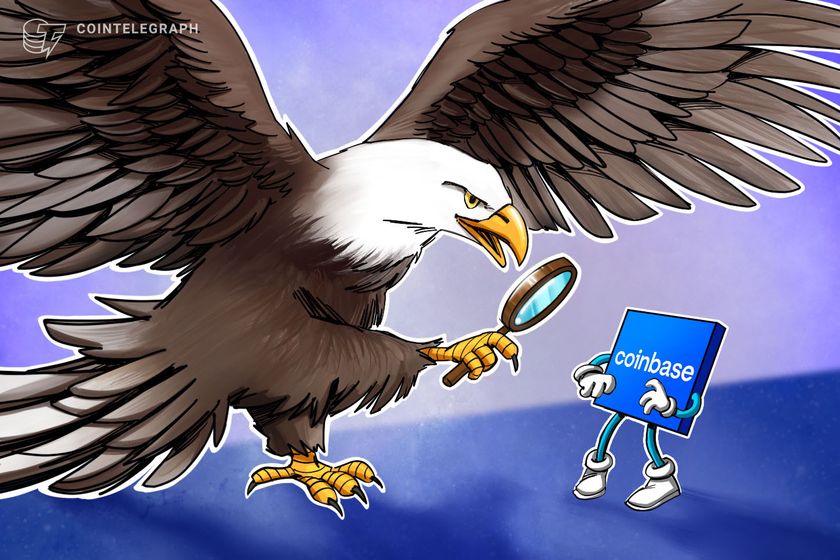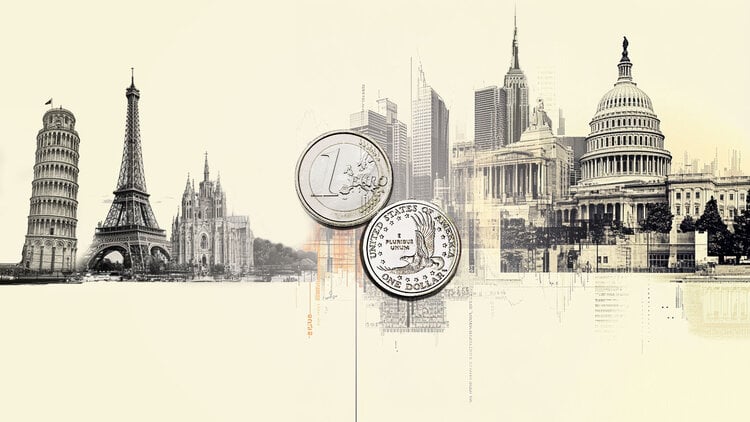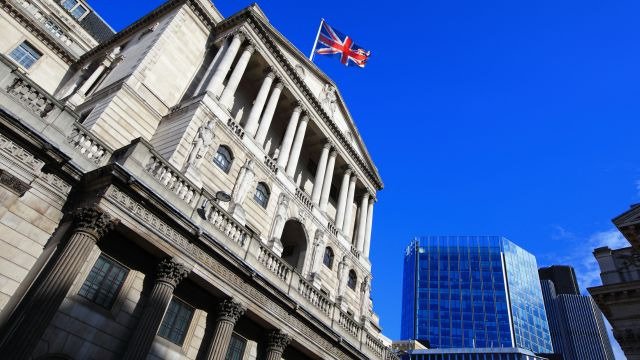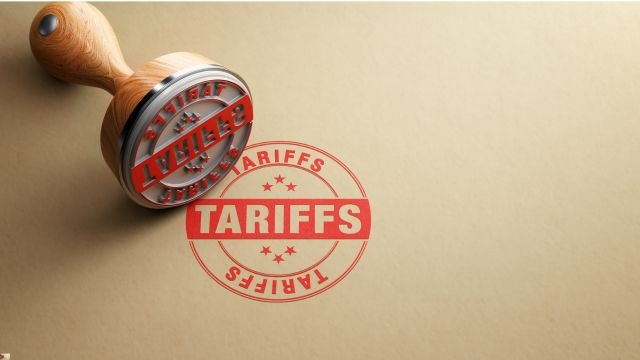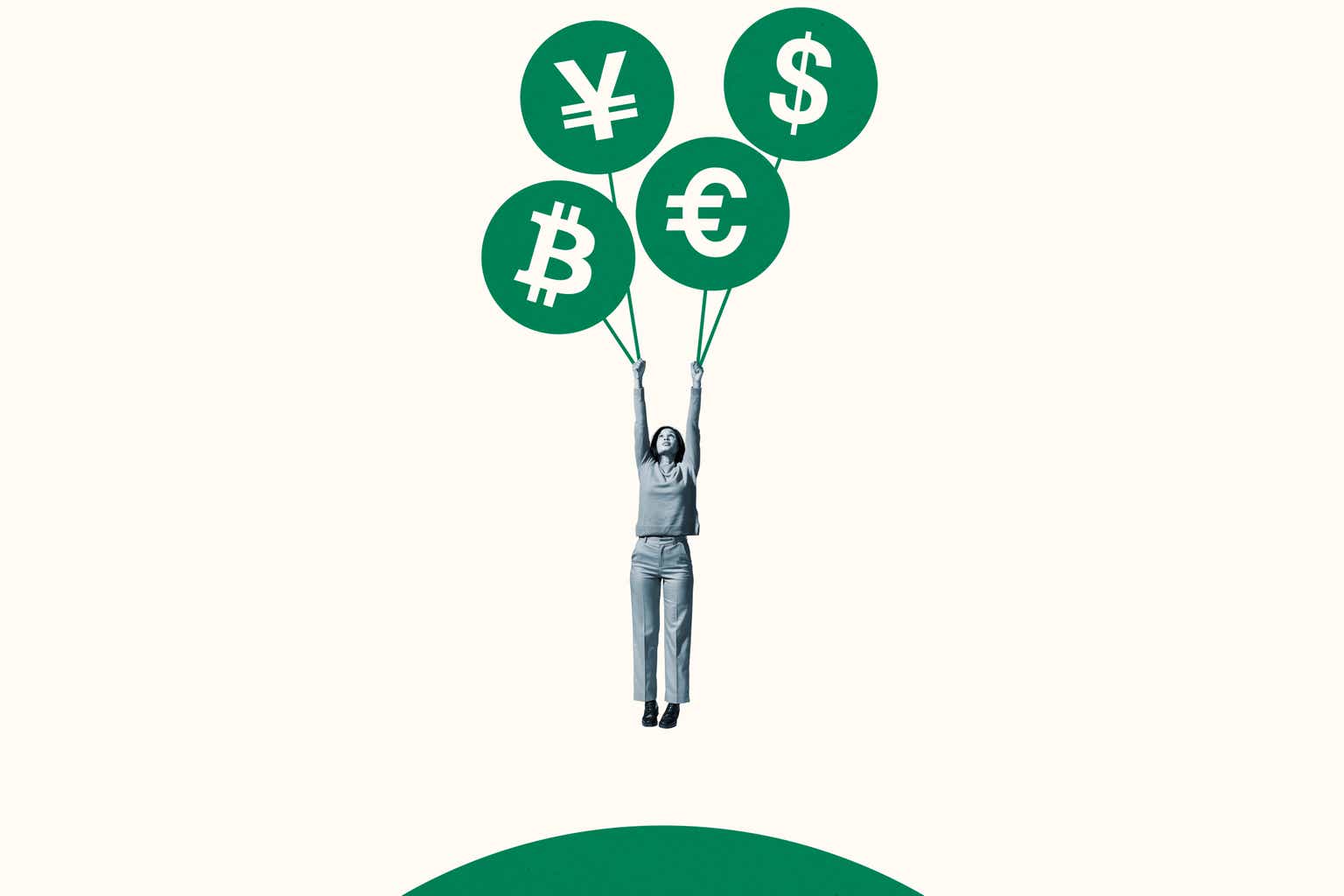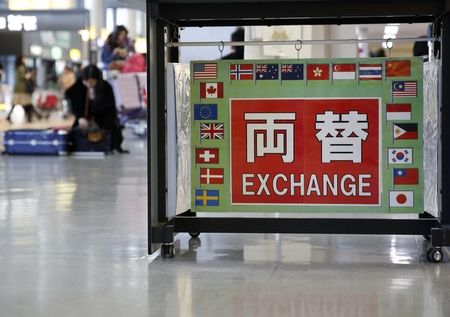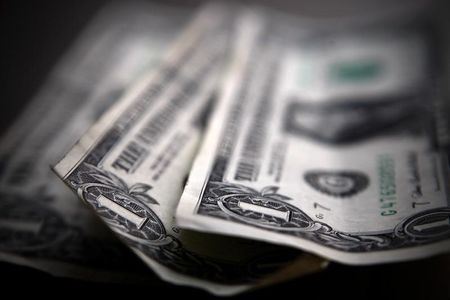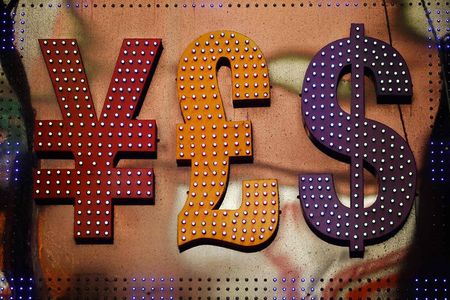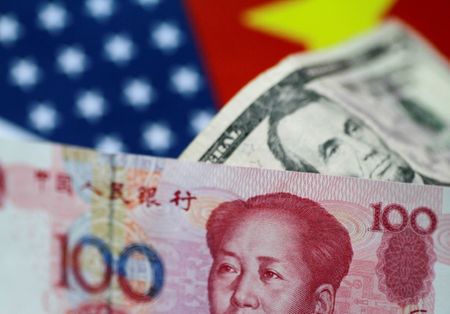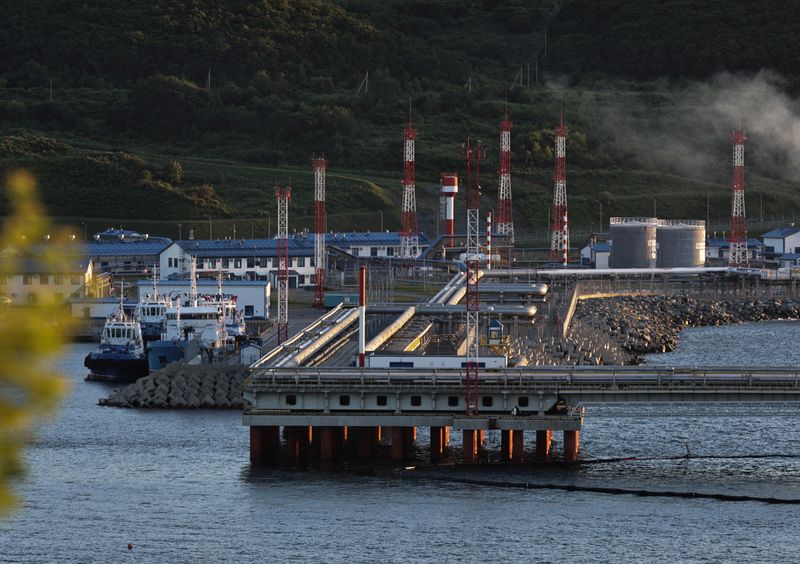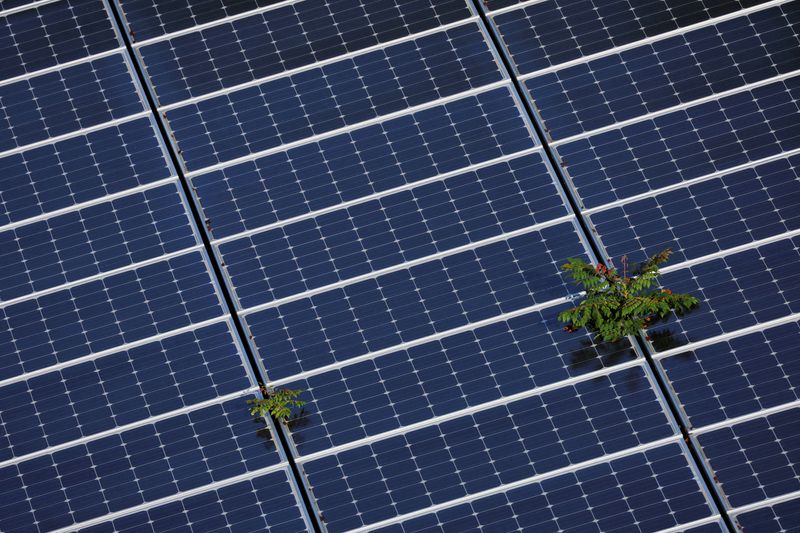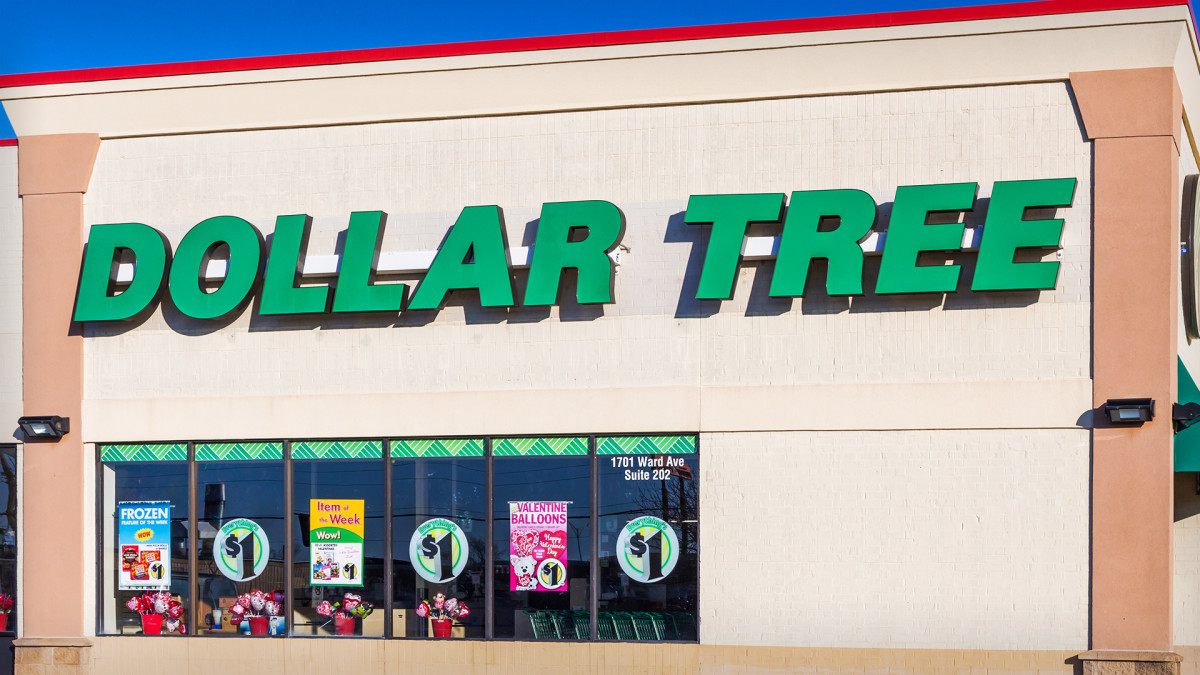Ford CEO Jim Farley lays out why Ford is best positioned to top tariffs
Ford has publicly backed Trump's tariffs, even though it will cost the company.
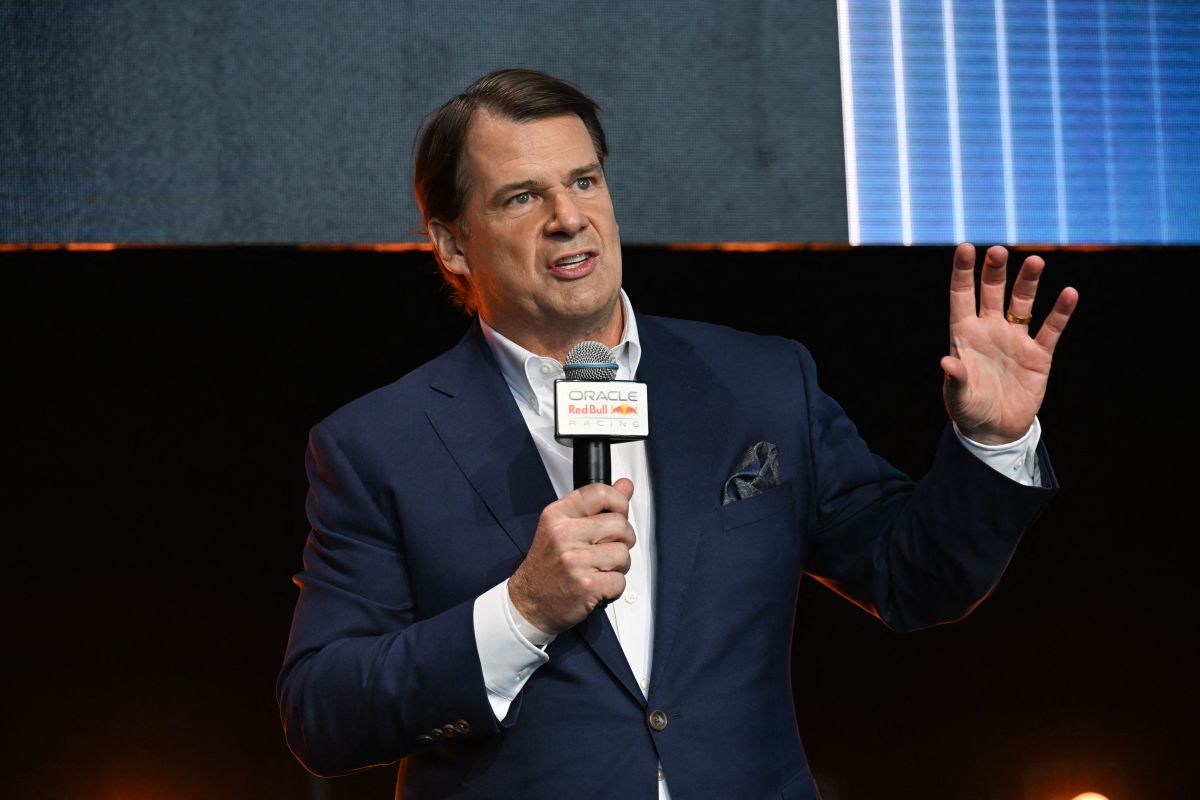
One thing the fallout from the Covid pandemic highlighted was just how interconnected our world is.
Supply chain disruptions and shipping backlogs had Americans hoarding toilet paper, among other essentials, just four years ago. These selfish shoppers triggered a chain reaction that led to temporary shortages of basic supplies, exacerbating the public's overall stress and anxiety, according to a published study from the time.
Related: Ford CEO Jim Farley flags concerning behavior from new car buyers
"Results show that the perceived importance of panic buying is most heavily associated with the need for control, [the] belief that it is the smart thing to do, and [the] urge to minimize the number of trips to grocery stores," the study said.
While tariffs have not resulted in the same disruptions or grocery store runs experienced during Covid, one sector has benefited from consumers flocking to buy its products before tariffs make them more expensive.
Car buyers are taking advantage of dealer incentives to clear inventory, boosting demand and girding the automotive industry for what could be some lean times shortly.
U.S. dealerships started April with about 2.7 million new vehicles in stock, a 10.2% decline from the 2.99 million reported at the beginning of March and a 2.4% year-over-year decline, according to Car Edge.
The industry saw consistent weekly sales increases through February and March as President Donald Trump's vision for a global trade war became clearer.
Current inventory levels are the lowest seen since 2023.
But while these good times for the auto industry likely portend a tough second half of 2025, at least one automaker says it is better prepared than anyone else to weather the storm.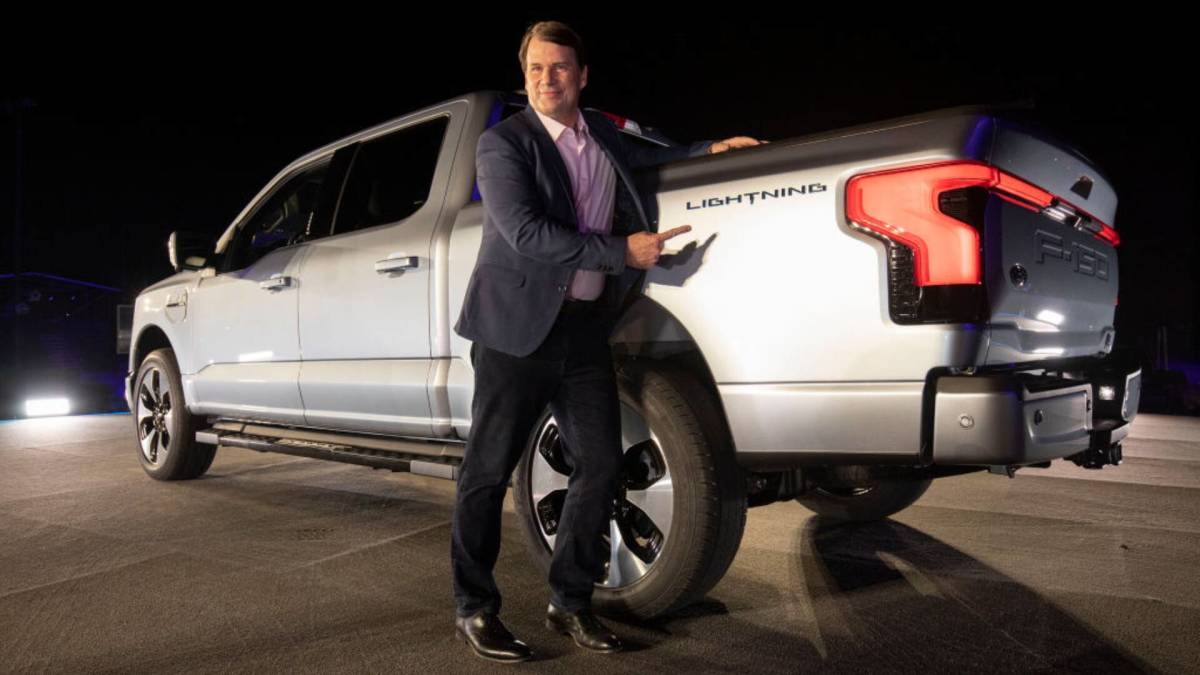
Ford has a plan for tariffs
Ford F may already be feeling the crunch.
Earlier this month, the company suspended its guidance for the year due to uncertainty around tariffs, despite its public championing of them.
Ford says it "supports the administration's goal to strengthen the U.S. economy by growing manufacturing." However, it also said it expects tariffs to eat $1.5 billion of its EBITDA this year with an overall $2.5 billion headwind.
One of the reasons Ford supports the tariffs is that it already has a much stronger domestic production base than even its domestic competitors.
"Last year, we assembled over 300,000 more vehicles in the U.S. than our closest competitor. That includes 100% of all our full-size trucks," CEO Jim Farley said during the company's last earnings call.
Related: Ford announces desperate move to battle tariffs
"In this new environment...automakers with the largest U.S. footprint will have a big advantage, and boy, is that true for Ford," he added. It puts us in the pole position."
In March, the auto industry became the first major industry to get some relief from the tariffs when the White House announced an exemption for vehicles covered by the United States-Mexico-Canada Agreement (USMCA).
The U.S. placed a 25% tariff on imported autos and auto parts, but USMCA-compliant products are exempt, saving domestic automakers billions in the process.
However, Ford says 85% of its steel and 100% of its sheet aluminum are already purchased domestically.
Ford backs Trump tariffs
Farley has been very effusive about tariffs. Ford truly believes in U.S. manufacturing, and if extra taxes on foreign-built vehicles will help achieve that outcome, then so be it.
The company also says it appreciates "the ongoing cooperation we've had with the administration. As the country's largest auto manufacturer, our engagement with Washington is helping U.S. policymakers better understand how the proposed policy changes will impact our industries and, of course, our communities."
On the other hand, they are causing disruption, and Ford may be unwilling to take the political fallout from publicly denouncing the president's directive.
Related: Ford loses its last cheap vehicle to tariffs
After Walmart CEO Doug McMillon said that higher tariffs would result in higher prices, the president rebuked him.
“Walmart should STOP trying to blame tariffs as the reason for raising prices throughout the chain,” Trump wrote in a post on Truth Social. “Between Walmart and China they should, as is said, 'EAT THE TARIFFS,' and not charge valued customers ANYTHING.”
Meanwhile, Ford has also had to raise prices on several models recently, but emphasized to TheStreet that tariffs only played a small part in that decision.
Still, during the earnings call, the company admitted having had to make changes.
Ford's vehicles shipped to Canada and Mexico are now shipped via bonded carriers that aren't subject to U.S. tariffs.
“We're measured in our approach to pricing for tariffs, and really inherent in your question, we believe our footprint advantage offers us added flexibility to the changing market dynamic,“ said Andrew Frick, Ford Blue president.
Related: Veteran fund manager unveils eye-popping S&P 500 forecast
